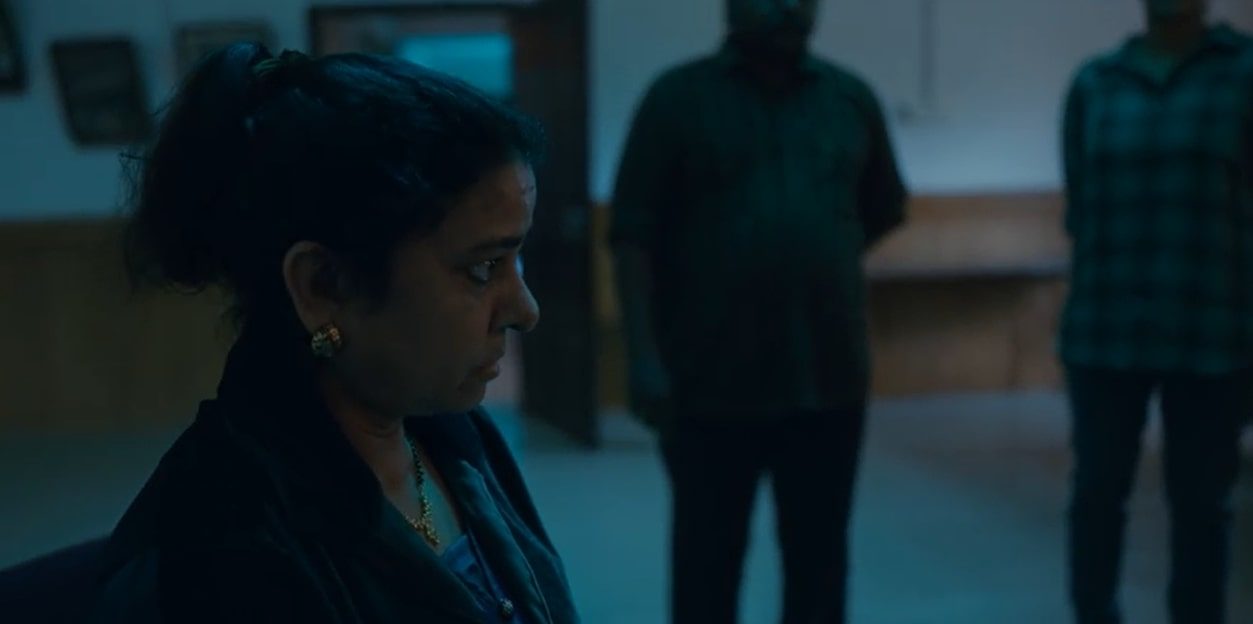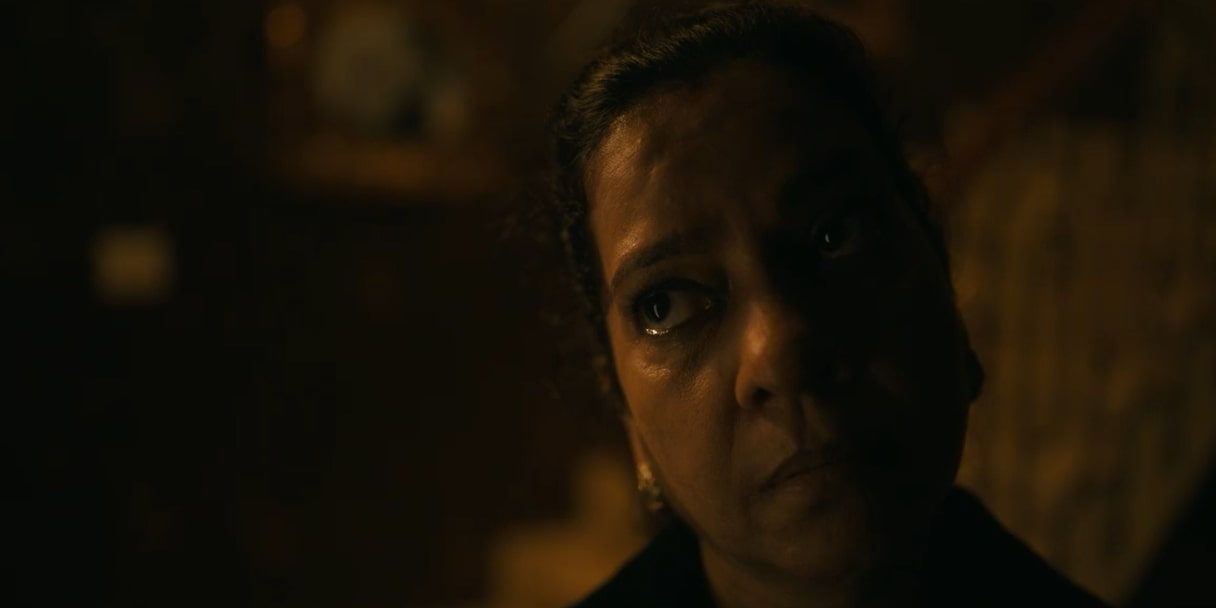In the Prime Video series ‘Poacher,’ Poonam Verma emerges as one of the high-level dealers responsible for fueling the demand for ivory. Her involvement includes directing poachers to ensure a consistent supply of the material for her operations. Throughout the series, investigators closely surveil her activities, making her one of the last individuals to be apprehended. The significance of Verma in the case raises questions concerning the authenticity of the character, placed in a story inspired by true events, making one wonder whether a real art dealer was involved in the illicit ivory trade!
Who is Poonam Verma?
Upon closer examination of the 2015 Malayattoor poaching case, it becomes evident that the character of Poonam Verma in ‘Poacher’ bears a striking resemblance to Umesh Agarwal, a key figure in real-life events. Agarwal operated a company named Art of India, ostensibly selling artifacts and handicrafts. However, clandestinely, he was involved in the illegal ivory trade. The unraveling of the entire network, akin to the depiction of the case in the series, commenced with the arrest of middlemen Preston Silva and Aji Bright, who supplied ivory to the art dealer. The case was processed under “Operation Shikar” of the Kerala Forest Department.

Agarwal, often referred to as the “Sansar Chand of the ivory trade,” initially denied any involvement when questioned by authorities. However, the investigation took a decisive turn when another accomplice named Eagle Rajan was apprehended. The intercepted calls between the two revealed Agarwal’s pivotal role as a key dealer in the ivory trade. It emerged that Agarwal was adept at converting ivory into artifacts, which he then supplied to high-end buyers. Utilizing his company, which ostensibly dealt in products made from resin and plastic, Agarwal surreptitiously distributed ivory products, camouflaging them among other legal items.
Agarwal employed deceptive practices by showcasing imitation ivory products at exhibitions, establishing a connection with customers, and subsequently supplying them with genuine ivory items. He admitted to concealing the ivory artifacts in a rented room in East Delhi since he had relocated them to the safe house after the Kerala ring had been dismantled. The art dealer provided a detailed sketch to assist law enforcement officers in locating the storage facility. He disclosed that one of his employees was responsible for managing the storage and personal SUVs were utilized for transportation, with rent payments made in cash.
The law enforcement team successfully laid a trap and conducted a raid on the rented room, resulting in the seizure of approximately 487 kilograms of ivory. The confiscated ivory was then transported to Kerala. Agarwal was arrested on October 2, 2015, as a part of the operation. Further investigations revealed that the trafficked ivory was being sent to Gujarat and Rajasthan, where it was fashioned into bangles and sold at prices ranging from Rs 4-5 lakh per kilogram.
Umesh Agarwal was Let Out on Bail
Umesh Agarwal faced approximately 20 cases following his arrest, but he was granted bail shortly afterward. The legal proceedings encountered challenges as the protocol mandates that accused individuals in poaching cases should be questioned in the presence of an assistant conservator of forests. Unfortunately, this stipulation was violated, weakening the overall case. Consequently, only a single chargesheet was filed.
Officials involved in the investigation emphasized that, under the Wildlife Protection Act, the minimum sentence for poaching is three years, with a maximum of seven years. This makes the punishment not very severe and easy for the poachers to get away. They highlighted the necessity for a coordinated effort across all states in India to effectively curb poaching and enforce wildlife protection laws.
Not much progress has been made in the case against Agarwal, and he has maintained a low profile since then. However, in April 2022, the Enforcement Directorate (ED) attached assets worth ₹79.23 lakh from six individuals involved in the case, including Agarwal and his wife. His involvement in the case will always serve as a reminder of the kind of nexus that wildlife poaching operates in and the difficulty with which those involved can be brought to justice.
Read More: Poacher: Is Mala Jogi Inspired by a Real Forest Officer? Where is She Now?


You must be logged in to post a comment.